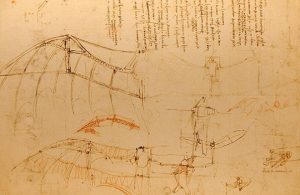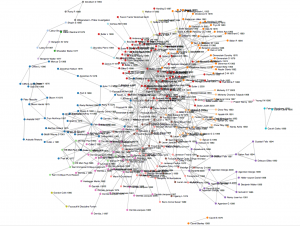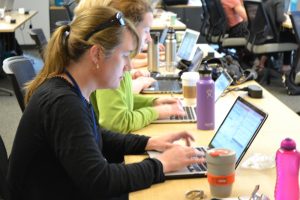January 25, 2018 | 4:30 PM – 5:30 PM | Visual Arts Center, Beam Classroom
Andrea Steves, from the art collaborative FICTILIS, will talk about the project ‘The Museum of Capitalism’ – an institution dedicated to educating this generation and future generations about the history, philosophy, and legacy of capitalism, through exhibitions, research, and publication. The museum’s programs result from collaborations between a network of researchers, curators, artists, designers, filmmakers, writers, economists, historians, scientists, and non-specialists from all walks of life, including those with direct experience of capitalism.
FICTILIS is the collaborative practice of multimedia artists and curators Andrea Steves and Timothy Furstnau. The word “FICTILIS” is Latin for “capable of being shaped or changed; earthen,” which refers both to the form of their practice and the role it is intended to play within a larger culture.
FICTILIS has curated exhibitions, organized events, and been artists in residence or visiting artists in many different venues across the US and internationally, including Headlands Center for the Arts (Sausalito, CA); Princeton School of Architecture (Princeton, NJ); Science Gallery (Dublin, Ireland); the Art Meets Radical Openness Festival (Linz, Austria); and the Santa Fe Art Institute (Santa Fe, NM). Recent projects have received grants from the Puffin Foundation, the Left Tilt Fund, and the Emily Hall Tremaine Foundation, and have been nominated for the Human Impacts Institute’s Creative Climate Award, the COAL Art & Environment Prize in Paris, France, as part of ARTCOP21.
Lecture sponsored by Digital and Computational Studies (DCS).



